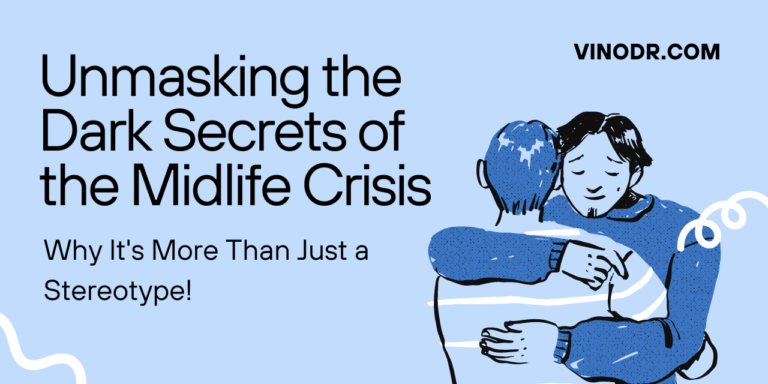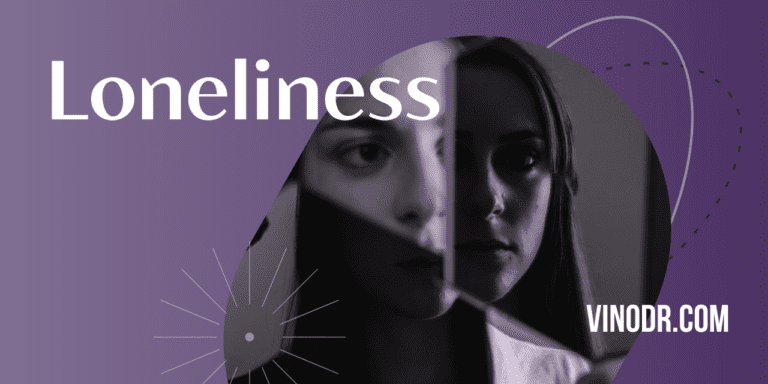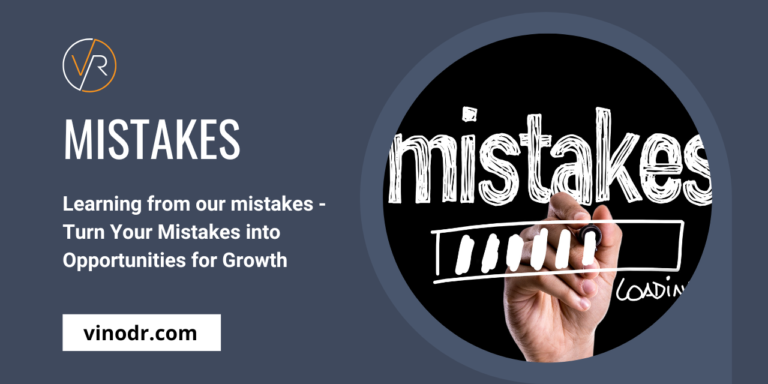Midlife Crisis
Unmasking the Dark Secrets of the Midlife Crisis Why It’s More Than Just a Stereotype! Have you ever found yourself caught in the grips of a profound sense of uncertainty and lost purpose as you navigated the labyrinth of middle age? If so, welcome to the tumultuous terrain of the midlife crisis—an emotional journey that…










